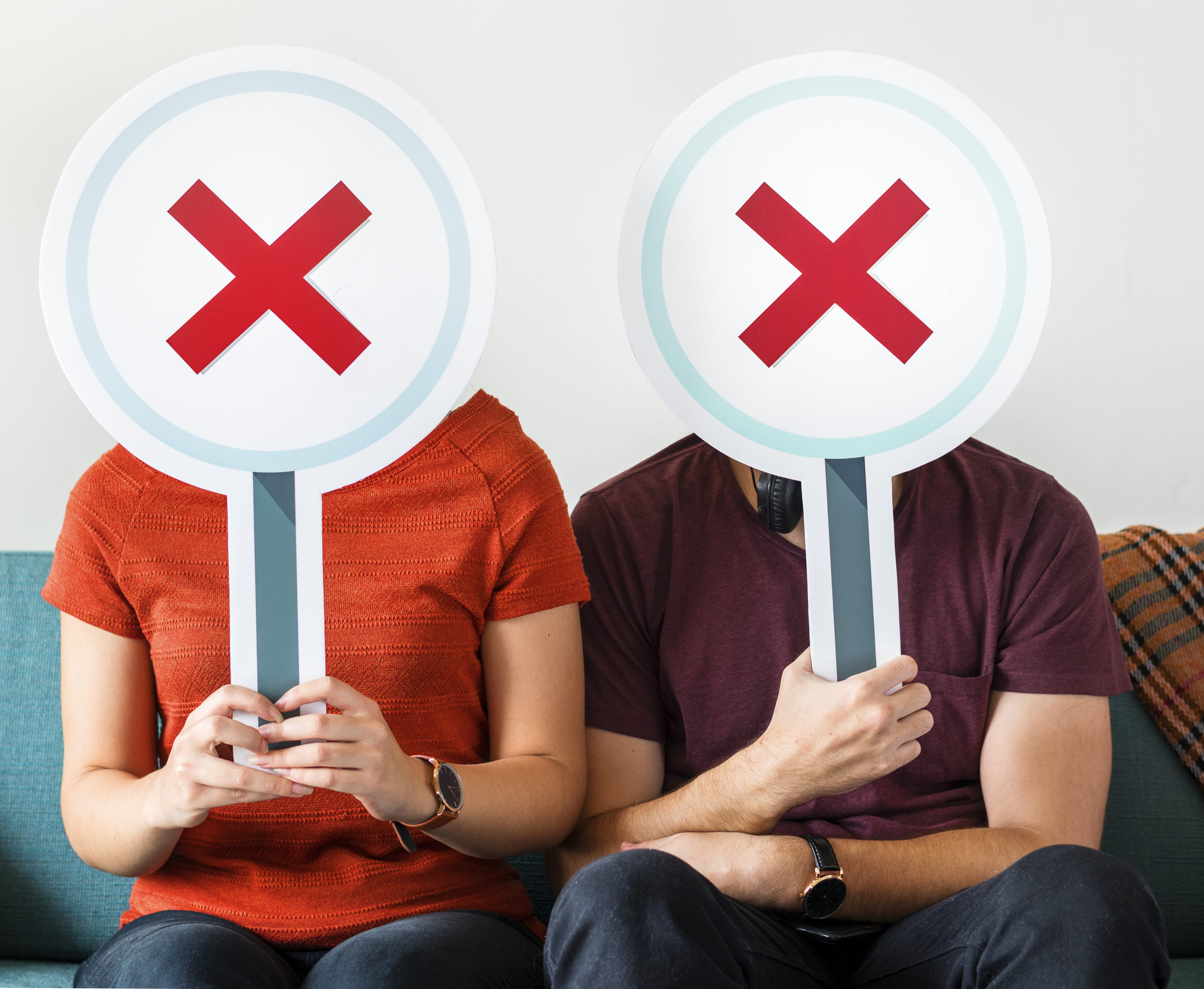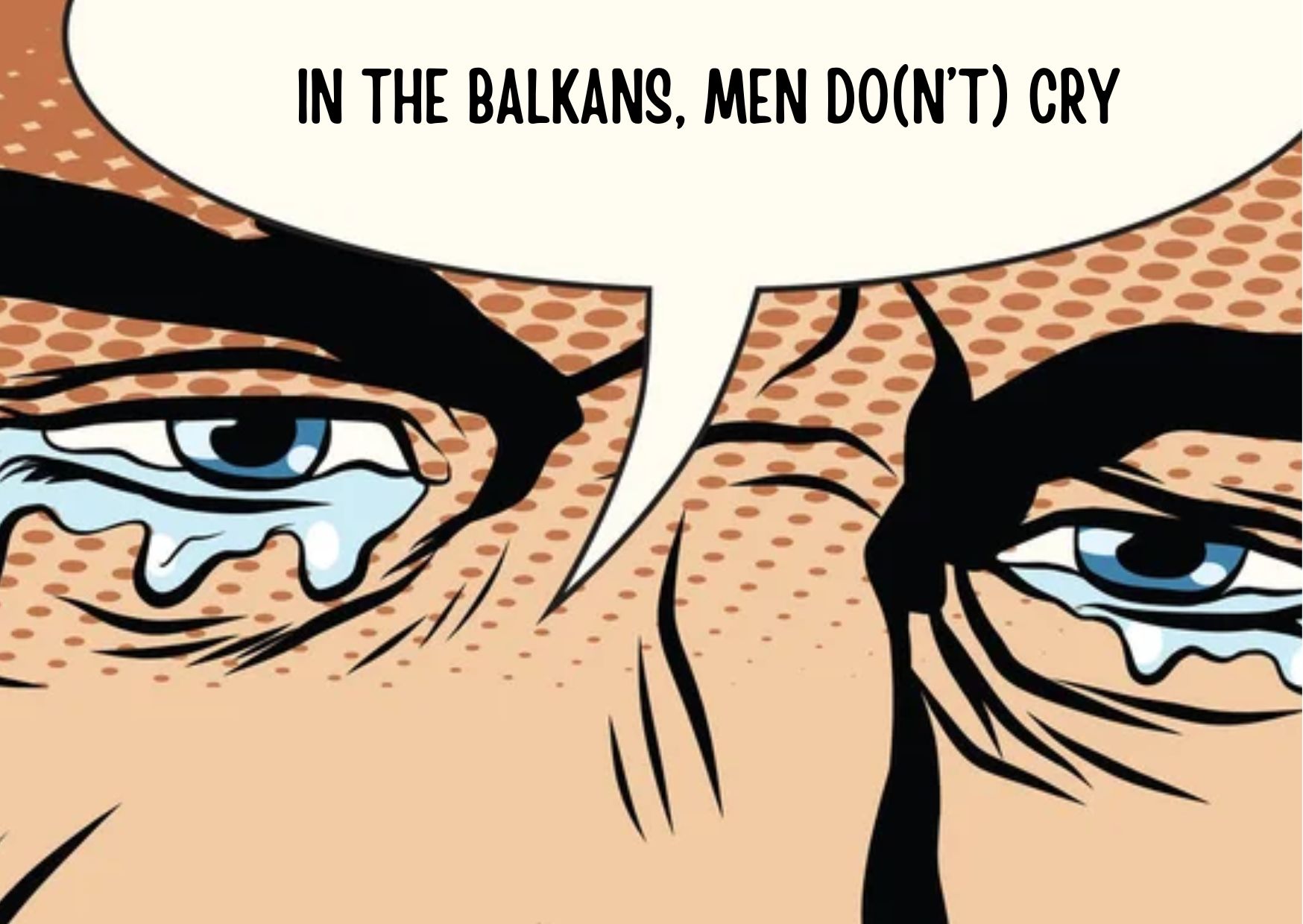"Cancel culture” represents a relatively recent social phenomenon. It's most visibly manifested on social media platforms. Defining this term can be challenging due to its polarizing impact on society and public discourse. Some advocate for regulating "cancel culture" entirely because of its toxic and sometimes extremely negative influence. However, advocates of "cancel culture" believe that this social phenomenon plays a crucial role in identifying and rectifying societal injustices. On the other hand, these individuals are often characterized as poorly informed about the topic under discussion. They are frequently "victims" of disinformation and fake news by social bots. Social bots are known for persistently advocating for a particular stance without allowing room for discussion. When discussing the positive aspects of "cancel culture", proponents of this view argue that it sheds light on the sluggishness of the judicial system. Why wait for a prison sentence for an accused when social media users can virtually pass judgment.
What is interesting about "cancel culture" is that the cancelled subject can even be an animated animal. That's exactly what happened to Pepe Le Pew, an animated skunk from Looney Tunes. In 2021, New York Times columnist Charles M. Blow tweeted about Pepe and expressed his attitude about the animated skunk. Blow believes that Pepe Le Pew contributed to "rape culture" because the skunk character was around girls without permission. Girls rejected him but he was very persistent in being around them. This often led to situations where he didn't allow girls to leave the room.
So, it's clear now, "cancel culture" is present in almost every part of public life. Also, we are aware that it's very hard to define this social phenomenon because there are two completely contradictory opinions.
According to the Merriam-Webster dictionary, "cancel culture" is "the practice of engaging in mass canceling as a way of expressing disapproval and exerting social pressure".
Also, Fermín Sarandón should be mentioned as an Argentinian author who wrote the book "About Cancel Culture". In this book, Sarandón defines "cancel culture" in the following manner, "cancel culture is a complex and unique social phenomenon. It involves people from various backgrounds, such as celebrities, political figures, social media influencers, or ordinary individuals, who may face severe criticism and vehement rejection from an online audience due to actions, words, or opinions considered unacceptable, offensive, or inappropriate."
Therefore, it's a culture where a group of people expresses disapproval towards an individual due to their beliefs or actions. As it's been said before, the digital era is providing us with a variety of social media platforms. On those platforms, we can make statements aimed at withdrawing support for certain individuals. It sounds quite straightforward, doesn't it? So, an individual who has done something wrong should face consequences for their actions. However, "cancel culture" goes beyond purely expressing our opinions about someone.
So, what is at the core of "cancel culture" that makes it an extremely toxic narrative? As we see, "cancel culture" does not allow different opinions about discussed subjects. Unpopular opinions are cancelled without considering reason of that behavior.
But is it valid for someone to socially isolate us for a "tweet" that we made when we were 10 years old? Or if someone points at our viewpoints even though we changed them for the better? Well, proponents of "cancel culture" believe that this is completely correct.
Such narrative is extremely toxic and can lead to serious problems for the targeted individuals. Proponents of "cancel culture" defend it with an argument that "cancel culture" is the moment when the public takes matters into its own hands. But, this social phenomenon isn't something we'd call a public initiative for a better tomorrow. As can we see, "cancel culture" is determined by ideology and different cultural narratives. Something that's "normal" and widely accepted in one culture, isn't "normal" in another culture. It's primarily about social constructs. In the end, all that can we ask, is whether advocating for dominant patterns implies denying cultural pluralism?
Furthermore, a defining trait of cancel culture is a lack of viewing the broader picture or the complete context. For an example of this specific characteristic, let's take the case of the "cancelled" American pop singer Taylor Swift and her song "Anti-Hero". The song is inspired by the singer's "insecurities" and feelings of self-hatred. Swift also openly discussed her struggle with an eating disorder. At first glance, there doesn't seem to be anything wrong with Taylor or her song. I believe it's an incredibly brave move to talk about your insecurities. But "cancel culture" isn't approving of that. In part of the music video for the song "Anti-Hero", Swift stands on a scale and instead of her weight, viewers see the word "FAT". Without considering the broader context, Swift was once again "cancelled" by the public. As an argument for "canceling", it was suggested that the slim Swift was provoking her plump fans. However, whoever came after Taylor, forgot what it means to struggle with an eating disorder. It's a mentally draining illness where a person doesn't have a healthy relationship with food. As we already know, people with eating disorders often have a distorted self-image. In conclusion, they often can't see themselves the way people around them can.
As we have observed, the media has provided a platform for "cancel culture" to flourish. However, can the media strike a balance between freedom of expression and "cancel culture".
The rise of professional journalism could help reduce the influence of "cancel culture". We've witnessed instances where individuals get "cancelled" and the media reports it without looking into the details. They often overlook the truthfulness of the claims made by social media users. Also, journalists can contribute by creating space for discussing diverse viewpoints and fostering the exchange of ideas among participants. Rather than mass "cancellations", this would yield a multitude of constructive opinions supported by arguments. Furthermore, regulating platforms dominated by this form of discourse is crucial. For instance, this can be seen as using moderators to review comments before posting.
Looking to the future, reducing anonymity on social media could help in decreasing hate speech propagated by "cancel culture". Instead of using fake or anonymous usernames, individuals would use their real names verified in the system. They would feel a sense of personal accountability before posting a hateful comment.
When considering whether "cancel culture" contributes to freedom of speech or censorship, I think it leans more towards censorship. The reasoning behind this lies in the act of "cancelling" individuals without a prior understanding of the circumstances of their actions. For example, James Corden was "cancelled" for raising his voice in a New York restaurant. I agree that his behavior was abusive, but he apologized for it. However, Twitter didn't even try to forgive him. Why was Corden acting like that? Is he truly a bad person, or did something that happened before dinner contribute to such behavior?
What has "cancel culture” done to humankind?
06.12.2023.
|
5 min read









